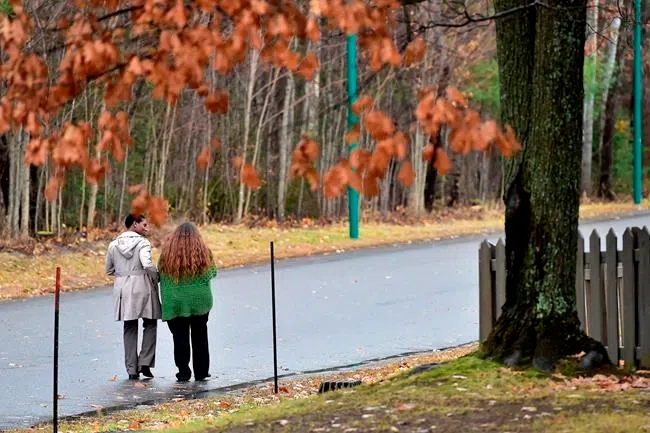
Parole denied for drunk driver Marco Muzzo, who killed three kids and their grandfather in crash
GRAVENHURST, Ont. — A drunk driver who killed three young children and their grandfather in a crash north of Toronto continues to minimize his problems with alcohol and must address the issue before he can be released into the community, a parole board panel ruled Wednesday.
By underestimating his misuse of alcohol, Marco Muzzo is sabotaging the progress he could be making while behind bars, members of the Parole Board of Canada said in denying the 32-year-old both day and full parole.
“We don’t question your remorse,” board member Kevin Corcoran said in a hearing at the Beaver Creek prison in Gravenhurst, Ont. “It’s obvious that this is a very difficult thing for you to deal with.”
However, he said, “we have to be mindful that your actions caused the deaths of four people.”


